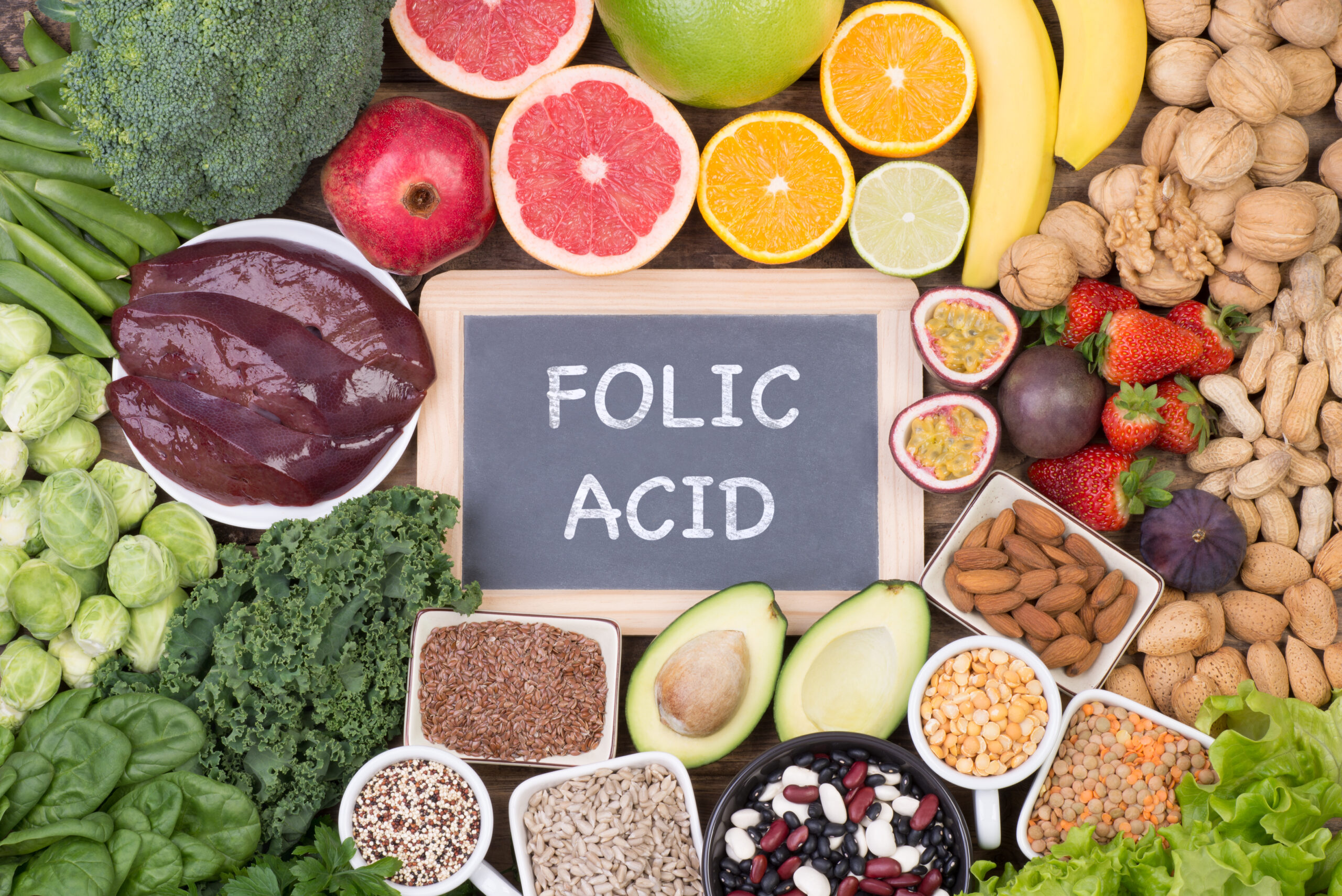What is Folic Acid?
In recent years, supplements for humans have crossed over into the dog world. One particular supplement that has made its way to the dog world is folic acid.
Folic acid, also known as vitamin B9, is mostly needed before and during pregnancy. It is necessary for the formation of healthy red blood cells – especially when the fetus is forming. A lack of folic acid can cause a deficiency in the spinal column and brain tissue. Other than necessary for a healthy pregnancy, folic acid has been known to help with low cholesterol, cataracts, strengthening of arteries as well as depression.
What are the Benefits of Folic Acid?
Folic acid is necessary for both amino acid metabolism as well as your dog’s cell membranes. If your dog does not get the proper amount of folic acid, the structure of their cell membranes can weaken and ultimately die. Folic acid supplements are recommended for dogs suffering from a small-intestinal disease or that are unable to digest food well.
Foods Containing Folic Acid
There are many foods that naturally contain folic acid. Just to name a few, these foods include:
- Brewer’s yeast
- Eggs
- Dry beans
- Lentils
- Barley
- Salmon
- Brown rice
- Tuna
- Mushrooms
- Asparagus
- Broccoli
- Spinach
- Peas
- Peanuts
Supplements
Folic acid /vitamin B9 works best in conjunction with vitamin B12, so consider using a B-complex vitamin formula vs adding Folic Acid by itself. Vitamin B deficiency can result due to its fragile state during processing and storage, a high-quality multivitamin, B Complex or superfood supplement may be necessary for your dog to ensure they are receiving the essential daily dose. Always check with your veterinarian if you think your dog may have a Vitamin B deficiency.
Will Corrente is a career entrepreneur and trusted authority and expert in the dog care industry. Will has over 15 years of experience as the owner and operator of Very Important Paws Dog Resort in West Palm Beach, FL. Copyright 2020 k9vitatherapy.com

